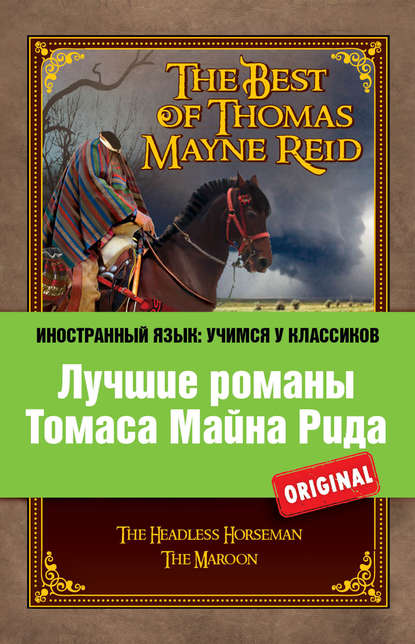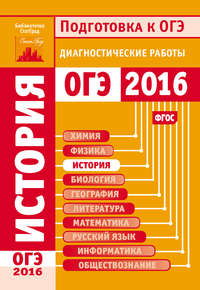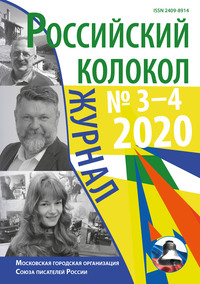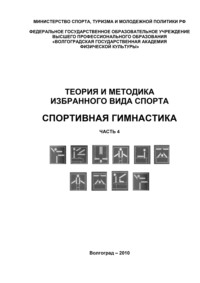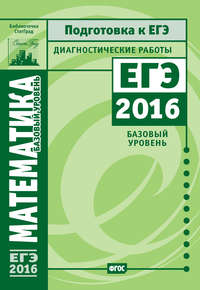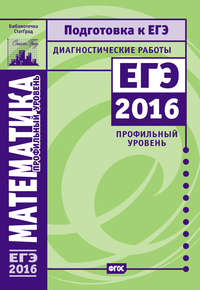20 лучших повестей на английском / 20 Best Short Novels
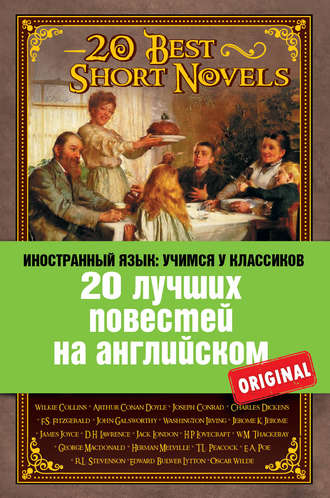
Полная версия
20 лучших повестей на английском / 20 Best Short Novels
Жанр: зарубежная классикаизучение языкованглийский языкиностранные языкитекстовый материаланглийская грамматикаанглийская классикаамериканская классиказнания и навыки
Язык: Английский
Год издания: 2014
Добавлена:
Настройки чтения
Размер шрифта
Высота строк
Поля
Конец ознакомительного фрагмента
Купить и скачать всю книгу

